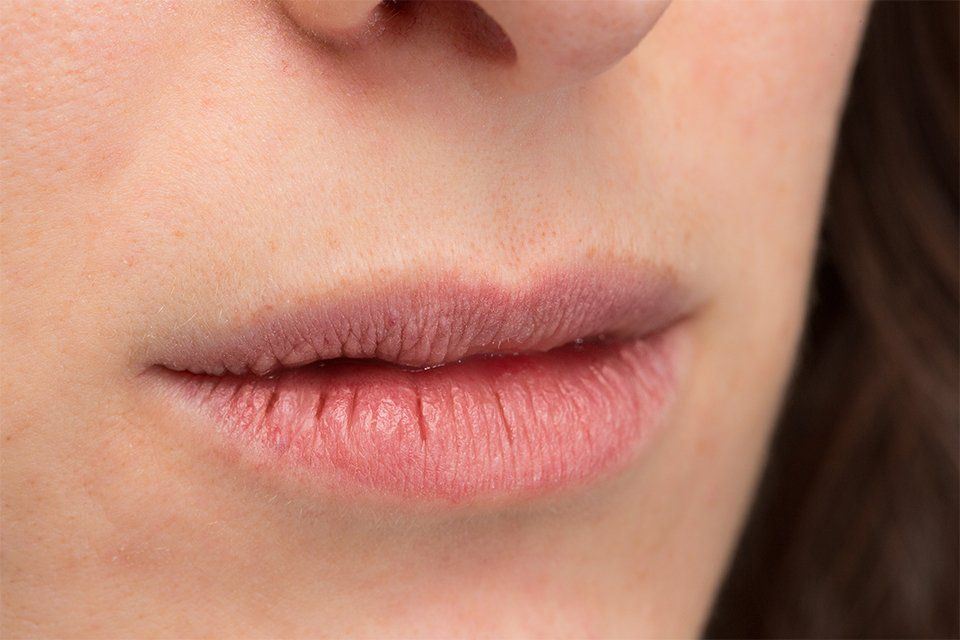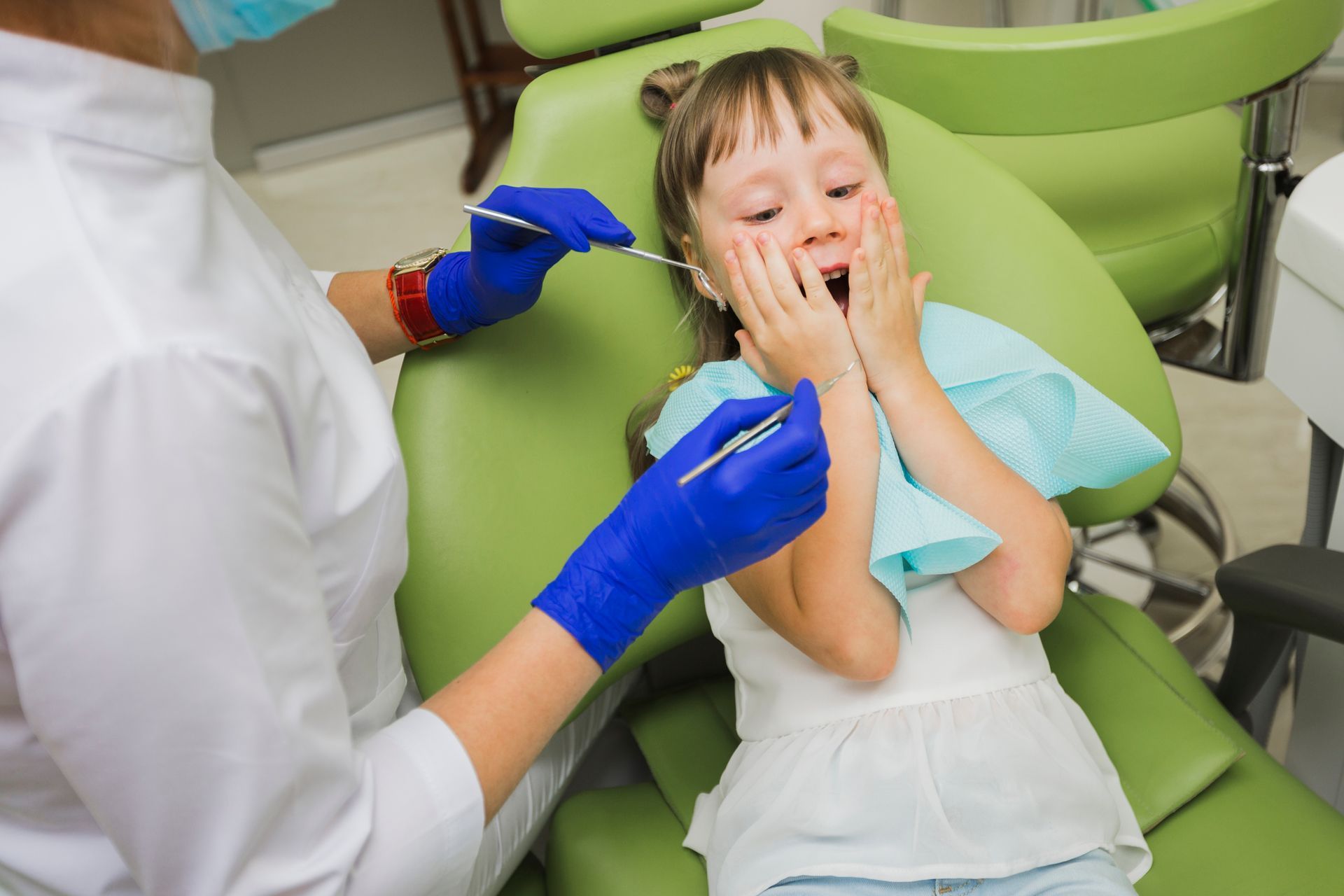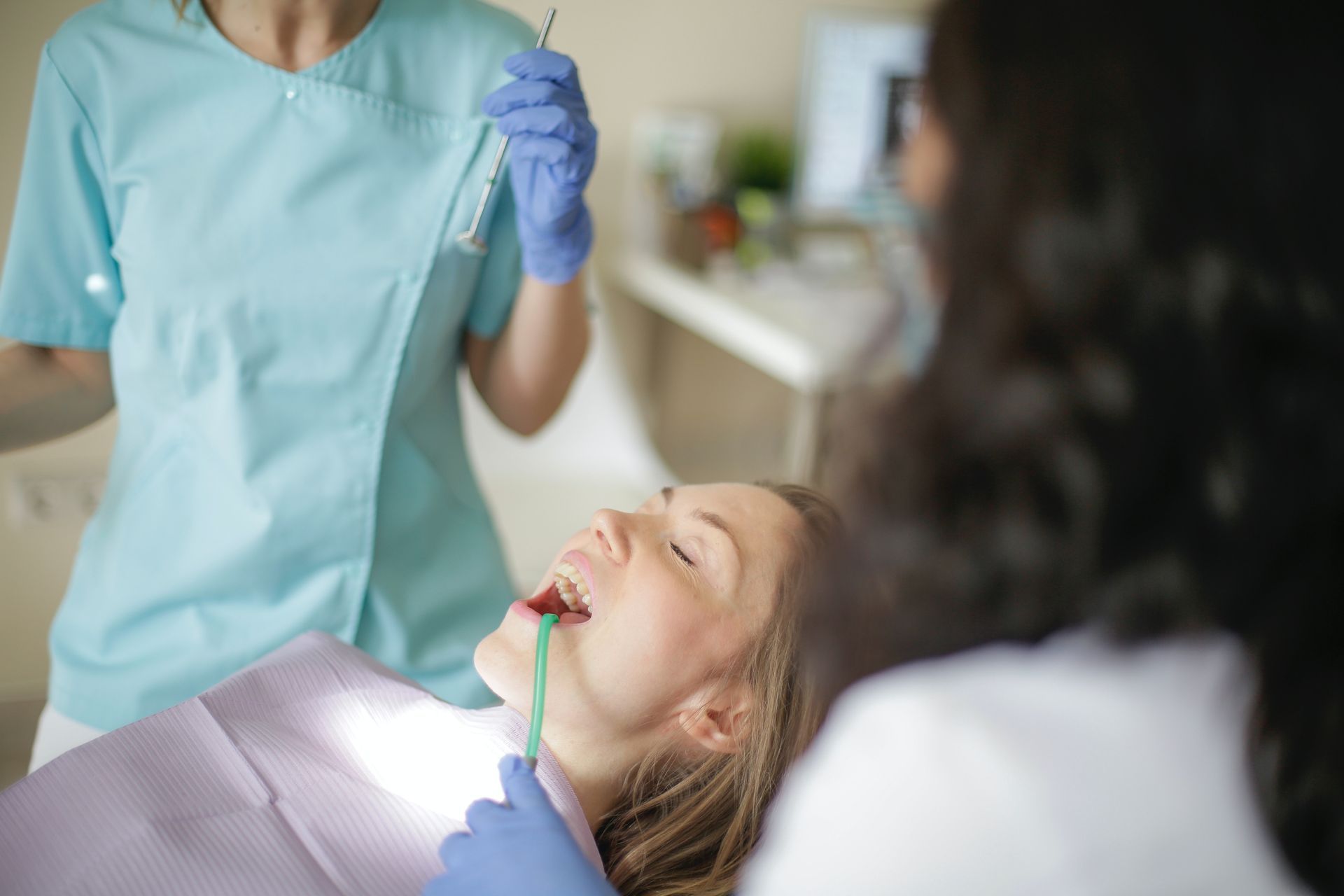3/142-152 Mawson PL, Mawson ACT 2607
Exciting news everyone! Our practice expansion is all done and ready, with better facilities, state of the art equipment but with the same fantastic patient care, we are oh so proud of!
Exciting news everyone! Our practice expansion is all done and ready, with better facilities, state of the art equipment but with the same fantastic patient care, we are oh so proud of!
Bad Breath After Tooth Extraction: Possible Causes & Treatments

If you have lingering bad breath, it might be time to book an appointment with your Canberra dentist. We can help you identify the cause of your smelly breath and come up with an effective treatment plan to address it.
Have you recently had a tooth extracted and are noticing that your breath smells unpleasant? If so, you're not alone.
While bad breath is a common problem that can be caused by bad oral hygiene, bad food choices, smoking, and a myriad of other factors - it is also a common complication after tooth extraction.
Although there are many over-the-counter products available to help mask the unpleasant smell of your breath, the best way to combat the problem is to identify and address the underlying cause. In this article, we'll discuss the causes of bad breath after tooth extraction and share ways to prevent it.
Poor Oral Hygiene
Poor oral hygiene is one of the most common causes of bad breath after tooth extraction. Many people are often hesitant to touch the area around the site of the extraction because of the potential pain and discomfort. Though it can indeed be tricky to brush and floss the area around the extraction, it’s not impossible.
If you don't brush and floss your teeth properly in the days after having a tooth extracted, food particles and bacteria can build up on your teeth and gums around the area where your tooth was extracted, causing an unpleasant odour. When bacteria build up in the mouth and turn into plaque, they can release foul-smelling gases that cause bad breath. Additionally, food particles that are left behind on the teeth can also contribute to bad breath.
If you have recently gotten a tooth extracted, it's important to maintain good oral hygiene to avoid bad breath and promote healing. If you have bad breath that doesn't go away, you should see your dentist to rule out any underlying dental problems.
Bacterial Infections
Tooth extractions are a common oral surgery that usually goes smoothly. However, as with any type of oral surgery, there is always a risk of infection. Bacterial infections are the most common type of infection after tooth extraction. It can occur when bacteria enter the open wound left behind after the tooth or wisdom tooth is removed.
Symptoms of a bacterial infection after tooth extraction can include pain, swelling, redness, discharge from the site, and of course, bad breath. If you develop any of these symptoms, it's important to see your dentist right away so that the infection can be treated. If left untreated, bacterial infections can lead to serious health problems.
There are a few things you can do to reduce your risk of developing an infection after tooth extraction. First, be sure to follow your dentist's or oral surgeon's instructions for care after the procedure. This includes things like not smoking, using a straw, or drinking alcohol for at least 24 hours after the oral surgery. You should also avoid chewing on anything hard for at least a week. Additionally, keep the extraction site clean by gently rinsing with warm salt water several times a day.
Dry Mouth
While a tooth extraction is a fairly routine oral surgery procedure, it can cause some temporary side effects, including dry mouth and bad breath.
Dry mouth, also known as xerostomia, is a condition in which there is not enough saliva in the mouth. Saliva is important for keeping the mouth moist and preventing bad breath. When saliva production is reduced, bacteria can grow more easily, leading to a foul odour.

To help combat dry mouth and bad breath after tooth extraction, it is important to stay hydrated by drinking plenty of fluids. Sucking on ice chips or sugar-free hard candy can also help stimulate saliva production. There are also over-the-counter saliva substitutes that can be used to help keep the mouth moist.
If dry mouth persists for more than a few days after a tooth extraction, it is important to speak with your dentist. They may recommend using a special mouthwash or other treatments to help relieve the symptoms.
Post-Extraction Bleeding
When a tooth is extracted, bleeding is to be expected. In most cases, the bleeding will subside within a few hours. However, in some cases, post-operative bleeding may persist for a few days after the oral surgery procedure. When this happens, chances are that your breath will start to smell bad because of all the blood accumulating inside your mouth.
There are several reasons why post-operative bleeding may occur. One reason is that the blood clot that forms in the tooth socket may be dislodged. This can happen if you rinse your mouth too vigorously or if you spit excessively immediately after the extraction. Smoking is also known to cause post-operative bleeding because it prevents proper healing and increases the risk of infection.
Other reasons for post-operative bleeding may include incorrect placement of the dental implant, nerve damage, or an accidental bite on the soft tissues. If post-operative bleeding persists for more than a few days, it is important to seek medical attention. Bleeding that lasts for more than a week may be a sign of a more serious problem, such as an infection. Until you can see your doctor, it is important to keep the area clean and dry.
Dry Socket
Dry socket, also known as alveolar osteitis, is a painful complication that can occur after tooth extraction. The condition is caused by the exposed bone in the socket being irritated and can result in a foul-smelling discharge from the mouth. Its symptoms include foul breath, severe pain, swelling, and an unpleasant taste in the mouth.
The condition can usually be treated with over-the-counter pain medications and rinsing with salt water. In some cases, antibiotics or oral surgery may be necessary. Anyone who experiences symptoms of dry socket should see a dentist as soon as possible. They will clean out the socket and place a medicated dressing in it to speed up the healing process.
Takeaway
Bad breath after tooth extraction is quite common. It can be caused by a variety of factors including bad oral hygiene, bacterial infections, dry mouth, post-extraction bleeding, and dry socket. If your bad breath persists, the dental specialists at Mawson Dental Care can examine you to find the root of the problem and rule out any underlying oral health issues. Contact us today for an appointment.
Our Services
Dental Articles
All Rights Reserved | Mawson Dental Care I ABN 92191788198













